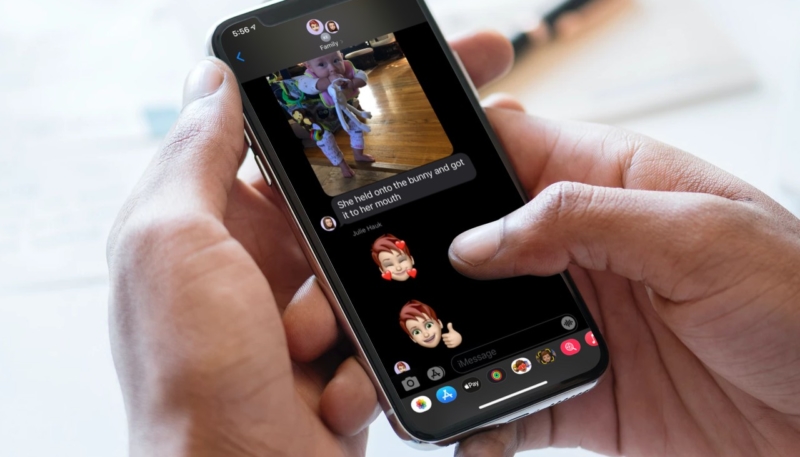In November, Apple made the surprise announcement that it would bring RCS support to the iPhone sometime in 2024. While the Cupertino firm neglected to explain why it made the unexpected decision, Daring Fireball’s John Gruber has an explanation: Blame it on China.
“I can’t say for certain, alas, but after spending the last few months periodically poking around the trees inhabited by little birdies, I do have good news for fans of coercive government regulation,” Gruber says. “Apple’s hand was effectively forced. But by China, not the EU.”
Gruber says there is a new law in the works in China that will require that 5G devices to support RCS in order to receive certification in the country.
Chinese carriers have been proponents of RCS for years, and last year, the Chinese government began the process of codifying into law that to achieve certification, new 5G devices will be required to support RCS. (Here’s a good English translation on Reddit of the parts relevant to Apple.) Shockingly, the Chinese government seemingly isn’t concerned that the RCS standard has no provisions for encryption. The little birdies I’ve spoken to all said the same thing: iOS support for RCS is all about China.
Apple would prefer simply to continue ignoring RCS, on the grounds that they want to support neither any new non-E2EE protocols, nor any new carrier-controlled protocols (whether encrypted or not). But when the CCP says device makers must jump to sell their products in China, Apple asks “How high?”
While some observers had believed that Apple’s November RCS announcement was driven by the European Union’s Digital Markets Act. However, the EU DMA makes no mention of RCS, and it was recently determined that iMessage is not “big enough” in the RU to be subject to the DMA.
(Via 9to5Mac)


